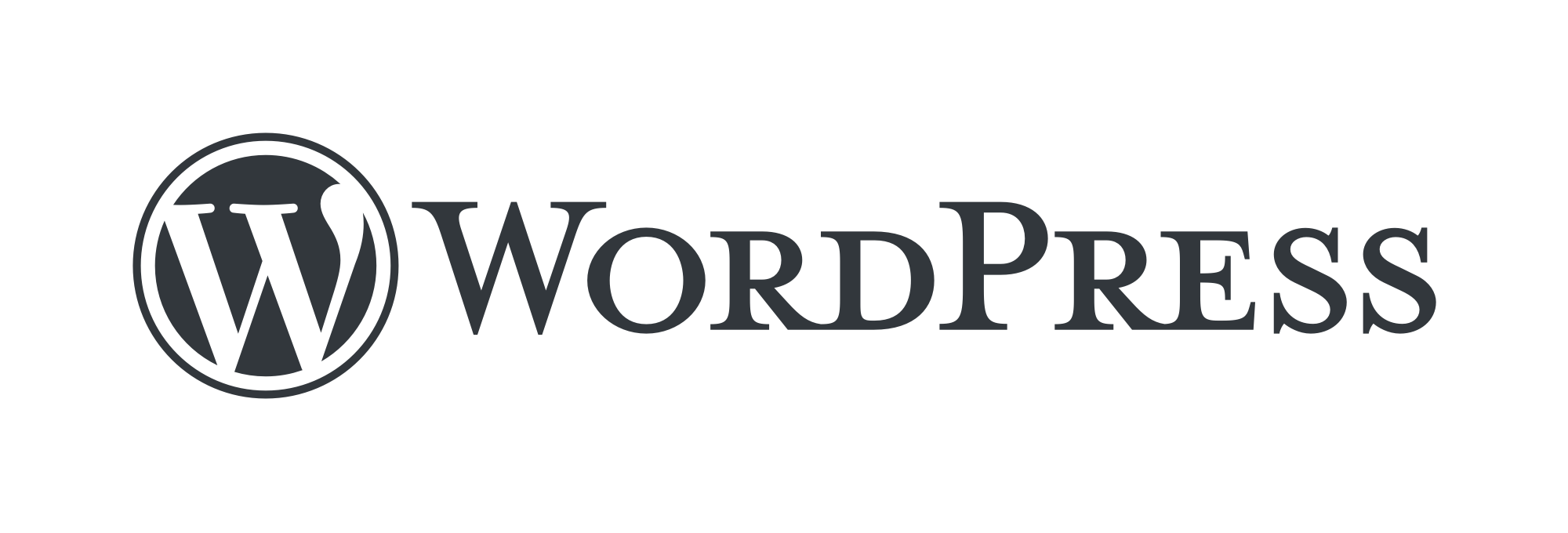With the ever-evolving digital landscape, choosing the right Content Management System (CMS) is crucial. In 2024, there are numerous options available, each with unique benefits tailored to different needs. Here’s a comprehensive guide to help you identify your objectives, estimate your budget, and choose the best CMS for your project.
Identify Your Objectives
Before diving into the technical aspects, it’s essential to clarify what your website will be used for. Consider the following questions:
- Portfolio: Are you looking to showcase your work?
- Showcase: Do you want to present products or services?
- Information: Is your goal to provide valuable information or resources?
- Blog/Podcast: Are you planning to create content regularly?
- Interactive Functionality: Will your site require user interaction, such as forms or comments?
Understanding these objectives will guide you in selecting a CMS that aligns with your vision.
Estimate Your Budget
Budgeting is vital when choosing a CMS. Generally, open-source CMS platforms are an excellent choice as they are often free or come with minimal subscription fees for hosting and premium features. Here’s a brief overview of potential costs:
- Open Source Platforms: Typically free; however, you may incur costs for hosting and additional features.
- Subscription-Based Services: These may involve monthly or annual fees but often include hosting and support.
Ease of Maintenance and Continuity
If you’re a solo entrepreneur or part of a new company, it’s crucial not to get bogged down by extensive customization. Aim to launch your site quickly with an easy setup and responsive design. Open-source CMS solutions are generally more straightforward in this regard. If resources allow, consider hiring specialists for ongoing management.
My Suggestions for CMS Platforms in 2024
1. WordPress

- Overview: The most popular open-source CMS globally, powering over 43% of websites.
- Pros:
- Free application.
- Extensive plugin ecosystem.
- User-friendly dashboard.
- Quick installation with minimal resource requirements.
- Thousands of themes available.
- Ideal For: General use, blogs, portfolios, and business websites.
2. Wix
- Overview: A drag-and-drop website builder perfect for beginners.
- Pros:
- Intuitive interface with WYSIWYG (What You See Is What You Get) editing.
- Bundled hosting and domain services.
- Strong AI integration for content development.
- Cons: Can be slow; many add-ons are chargeable.
- Ideal For: Quick setups without technical knowledge.
3. Ghost.org

- Overview: A modern open-source platform focused on content creation.
- Pros:
- Clean interface tailored for blogging.
- Built-in newsletter integration for CRM.
- Supports paid content and membership systems.
- Cons: Less user-friendly for multimedia management compared to others; fewer themes available.
- Ideal For: Content-driven websites and blogs.
4.Hugo
- Overview: A static site generator known for speed and efficiency.
- Pros:
- Cons: Requires coding knowledge; steep learning curve.
- Ideal For: Information-based websites without interactive features.
Conclusion
Choosing the right CMS depends on your specific needs and technical capabilities. WordPress and Wix are excellent choices for general users, while Ghost is perfect for bloggers focusing on content monetization. For tech-savvy individuals seeking budget solutions, Hugo stands out as a fast and efficient option.
If you have any questions about selecting a suitable CMS for your website project, please feel free to contact us!


